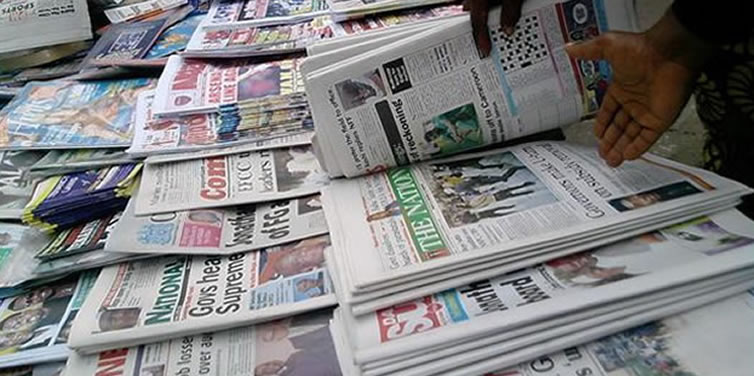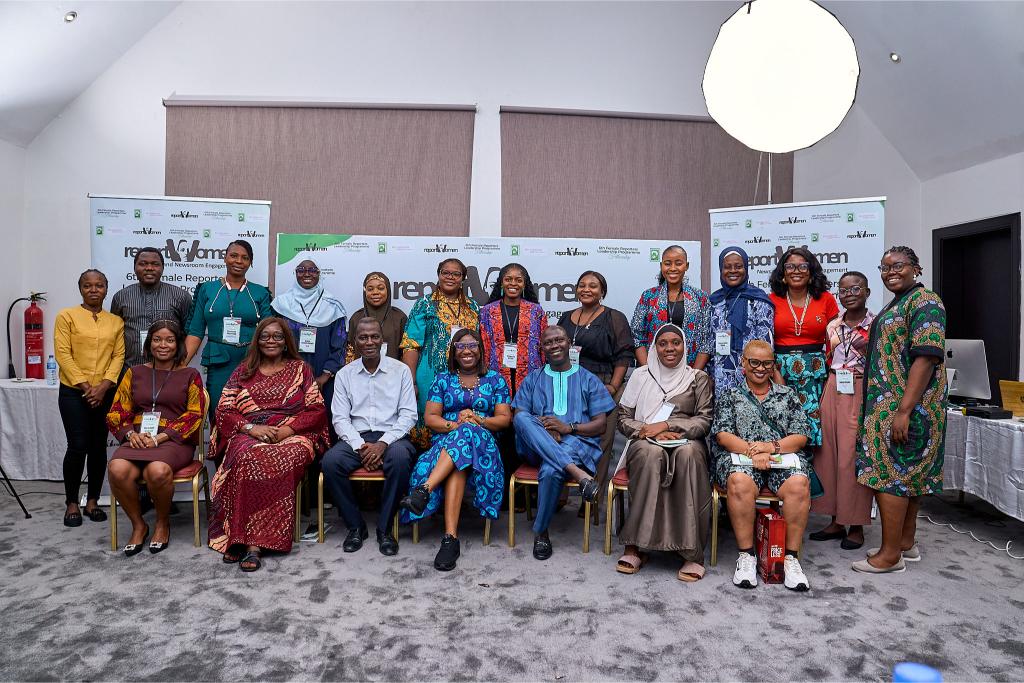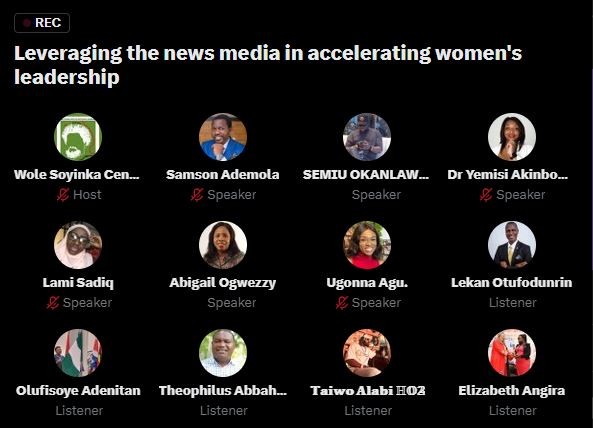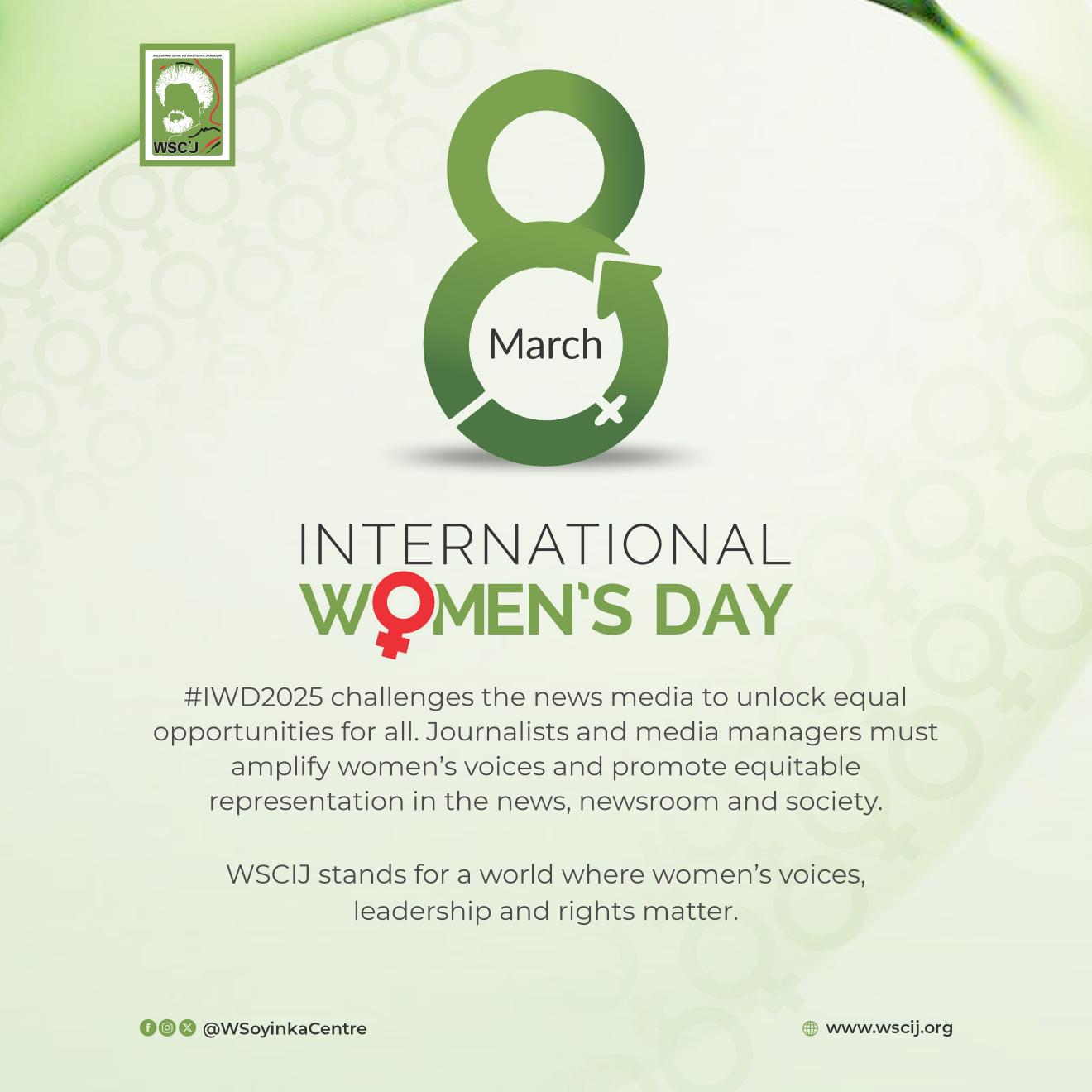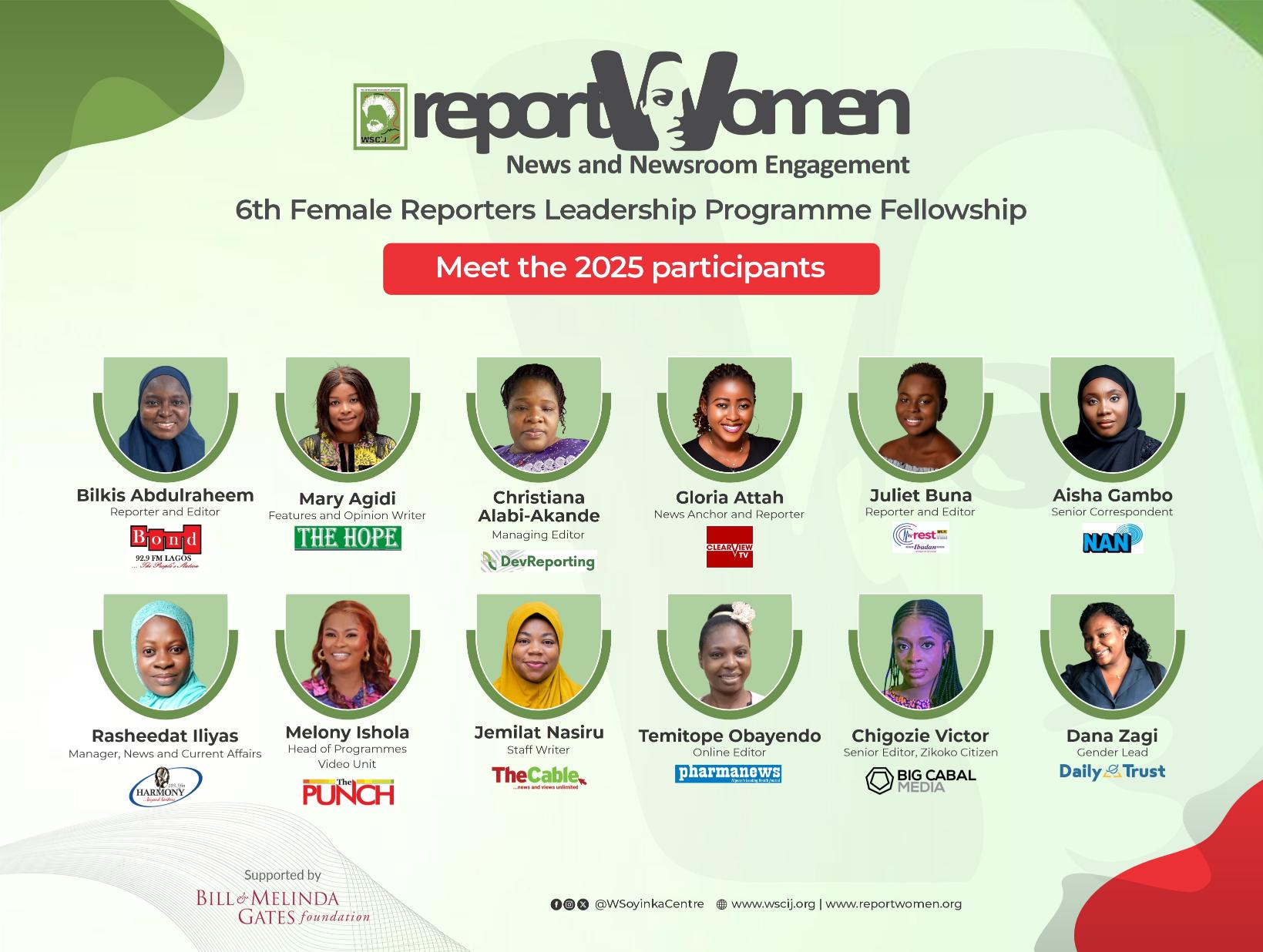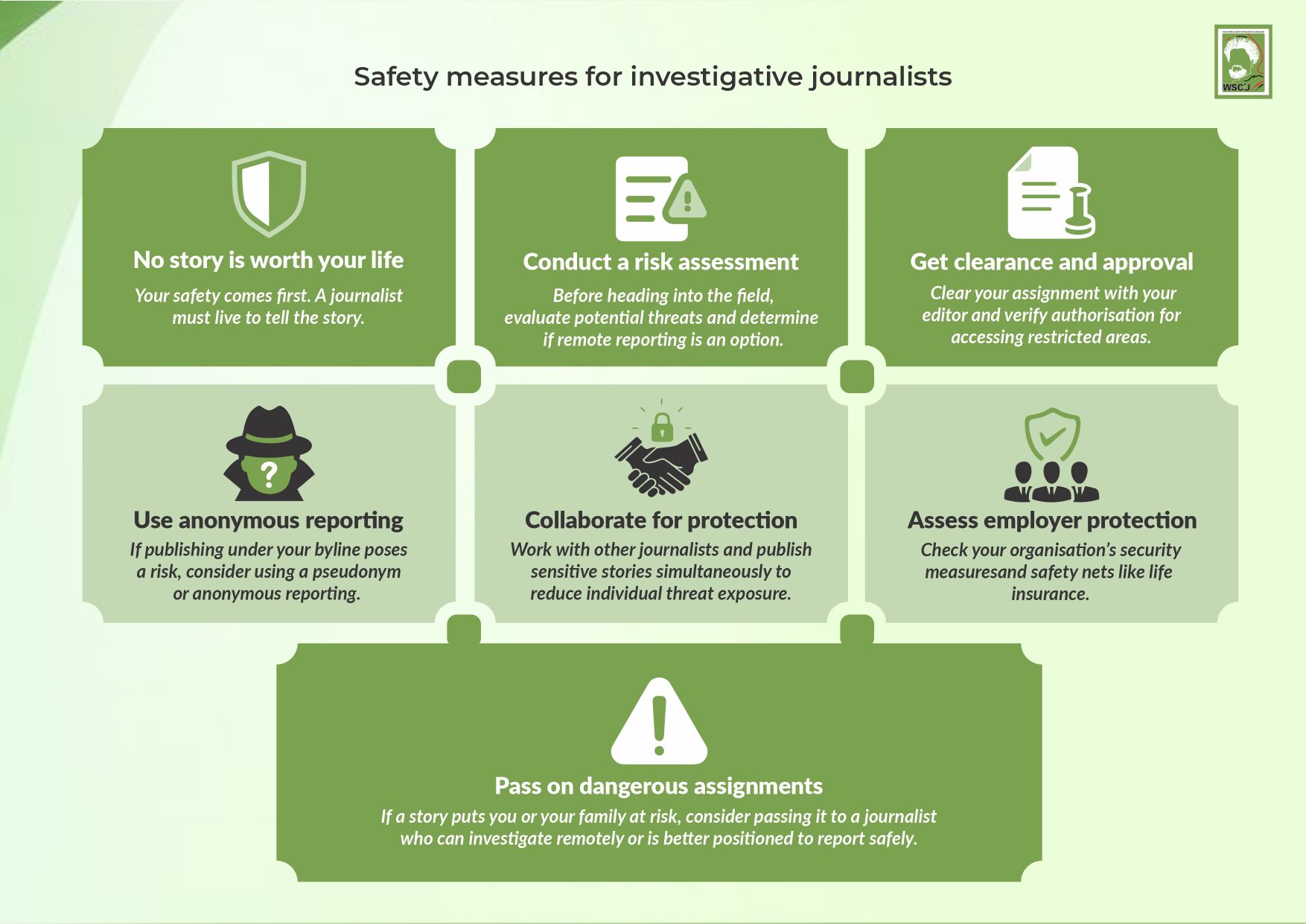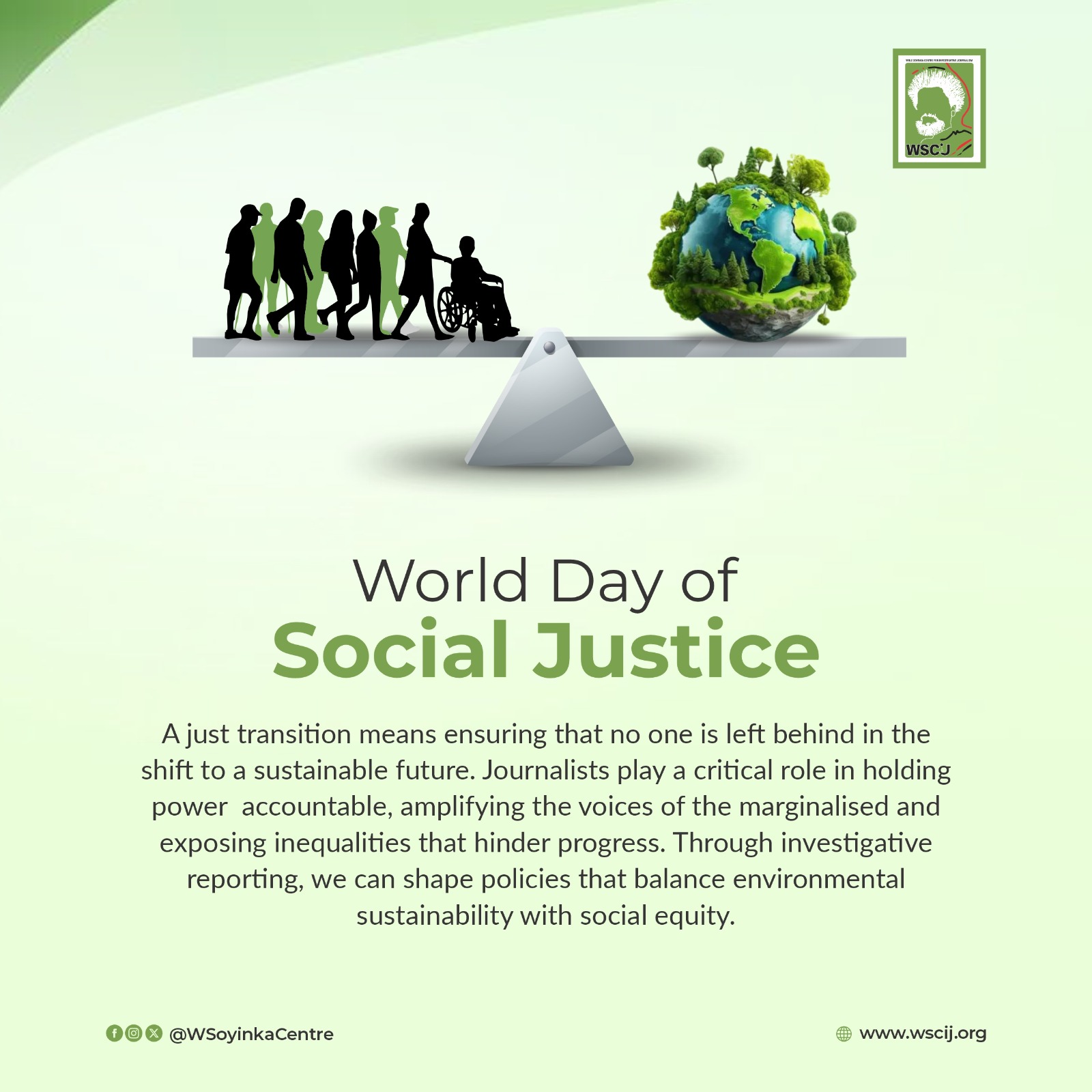In a bid to contribute to addressing the dearth of the culture of investigative reporting in Nigeria and globally, the Wole Soyinka Centre for Investigative Journalism has initiated the House-to-House project under its Pro-Engage Series programme. House-to-House, done in partnership with the British High Commission, is conceived as an investigative reporting desk advocacy programme. It seeks to take capacity development in investigative reporting from one media house in Nigeria to the other by providing support to create or improve investigative reporting desks.
The pilot training sessions of House-to-House will run from Monday 19 to Friday 30 January 2015. The meetings are planned to achieve improved focus on investigative journalism for eight media houses headquartered in Lagos and Abuja namely – The New Telegraph, Media Trust, The Leadership, The Nation, The Guardian, The Premium Times, The News and Television Continental. Wole Soyinka Centre staff alongside its faculty comprising veteran investigative journalism professionals will go from one media house to the other to conduct capacity development training for members of staff. This will be followed up by a full-day workshop for four representatives each from the shortlisted media houses on running investigative reporting desks.
The Pro-Engage Series was first introduced in 2011 with the aim of expanding knowledge in investigative journalism and increasing the level of mentoring and discourses around the subject for student and beginner journalists. It was aimed at creating an opportunity for budding investigative journalists to learn from respected professionals and discuss issues peculiar to their cadre in media learning and practice. The programme has now been expanded to encompass engagement between professionals and veterans in and outside the media for the improvement of investigative reporting culture in the Nigerian media.
The House-to-House variant of the Pro-Engage Series is hoped to contribute to the thoroughness of news reporting and better position the Nigerian media to effectively do its part in shaping the polity. At the end of the pilot project, the Wole Soyinka Centre for Investigative Journalism and its partner the British High Commission would have directly reached at least one hundred and fifty journalists with the advocacy for investigative reporting.

